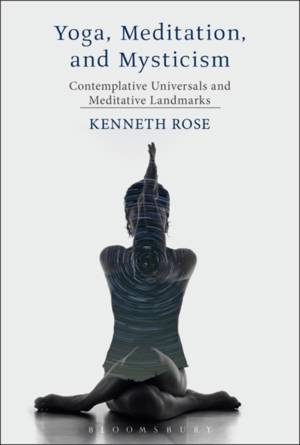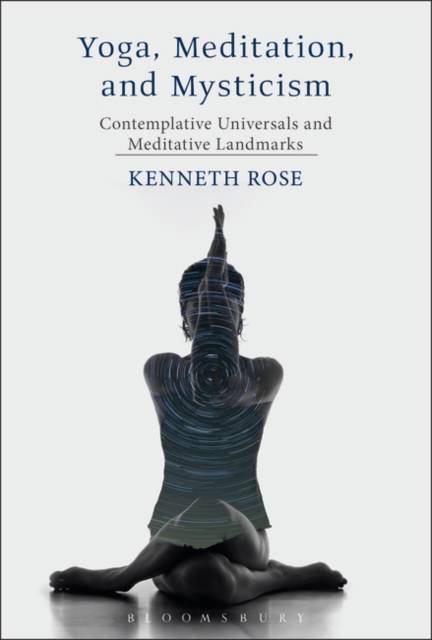
- Retrait gratuit dans votre magasin Club
- 7.000.000 titres dans notre catalogue
- Payer en toute sécurité
- Toujours un magasin près de chez vous
- Retrait gratuit dans votre magasin Club
- 7.000.0000 titres dans notre catalogue
- Payer en toute sécurité
- Toujours un magasin près de chez vous
Yoga, Meditation, and Mysticism
Contemplative Universals and Meditative Landmarks
Kenneth Rose
Livre relié | Anglais
296,95 €
+ 593 points
Format
Description
Contemplative experience is central to Hindu yoga traditions, Buddhist meditation practices, and Catholic mystical theology, and, despite doctrinal differences, it expresses itself in suggestively similar meditative landmarks in each of these three meditative systems.
In Yoga, Meditation and Mysticism, Kenneth Rose shifts the dominant focus of contemporary religious studies away from tradition-specific studies of individual religious traditions, communities, and practices to examine the 'contemplative universals' that arise globally in meditative experience. Through a comparative exploration of the itineraries detailed in the contemplative manuals of Theravada Buddhism, Patañjalian Yoga, and Catholic mystical theology, Rose identifies in each tradition a moment of sharply focused awareness that marks the threshold between immersion in mundane consciousness and contemplative insight. As concentration deepens, the meditator steps through this threshold onto a globally shared contemplative itinerary, which leads through a series of virtually identical stages to mental stillness and insight. Rose argues that these contemplative universals, familiar to experienced contemplatives in multiple traditions, point to a common spiritual, mental, and biological heritage. Pioneering the exploration of contemplative practice and experience with a comparative perspective that ranges over multiple religious traditions, religious studies, philosophy, neuroscience, and the cognitive science of religion, this book is a landmark contribution to the fields of contemplative practice and religious studies.Spécifications
Parties prenantes
- Auteur(s) :
- Editeur:
Contenu
- Nombre de pages :
- 264
- Langue:
- Anglais
Caractéristiques
- EAN:
- 9781472571687
- Date de parution :
- 08-09-16
- Format:
- Livre relié
- Format numérique:
- Genaaid
- Dimensions :
- 157 mm x 236 mm
- Poids :
- 521 g

Les avis
Nous publions uniquement les avis qui respectent les conditions requises. Consultez nos conditions pour les avis.






